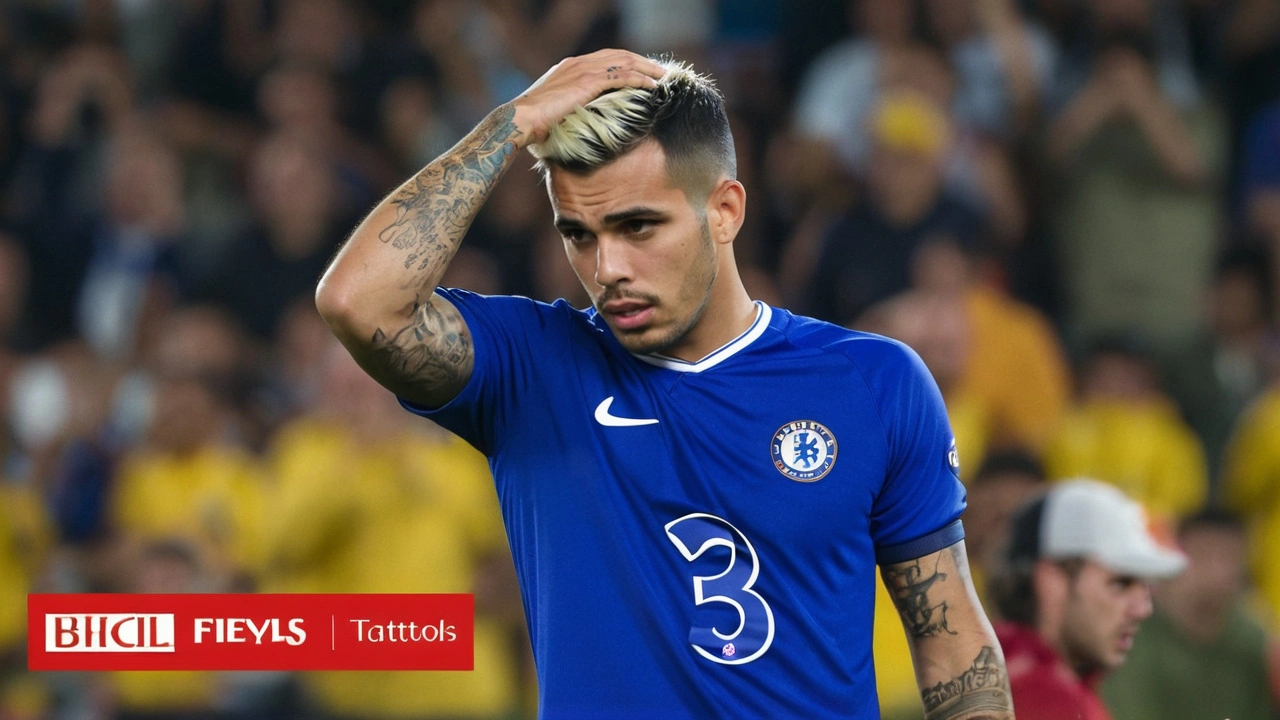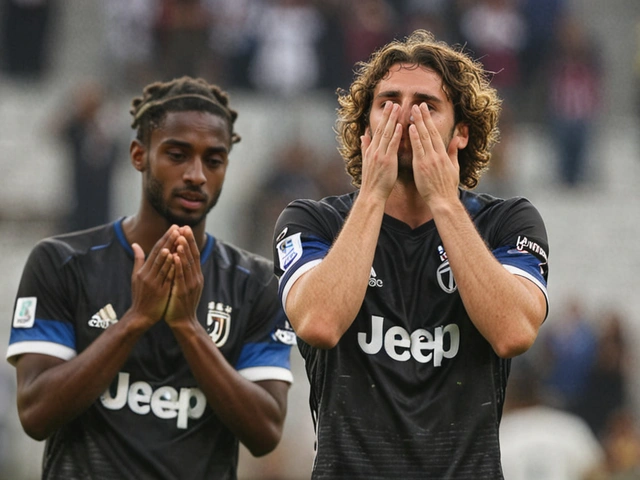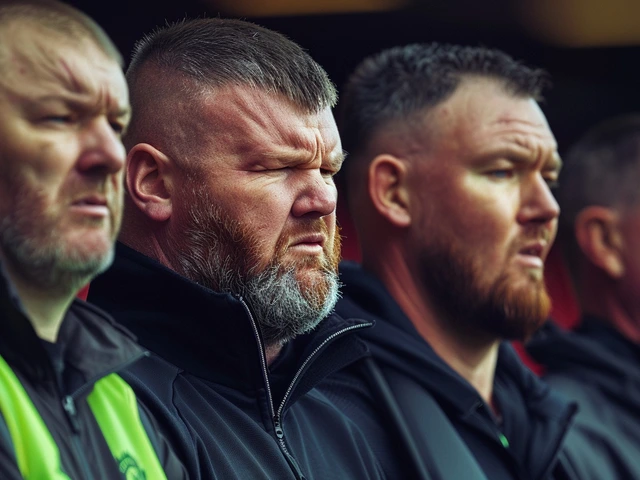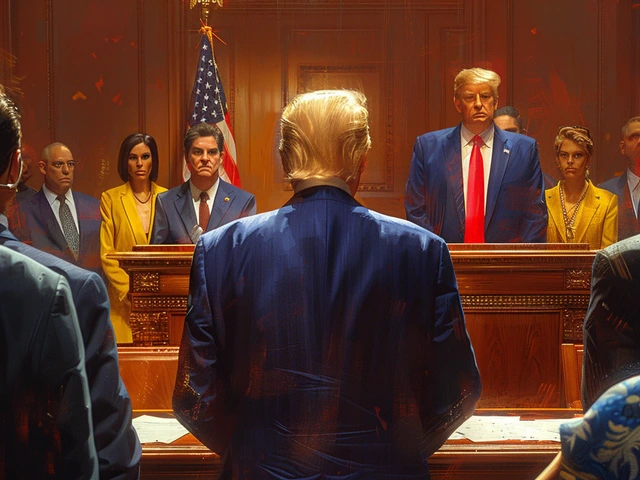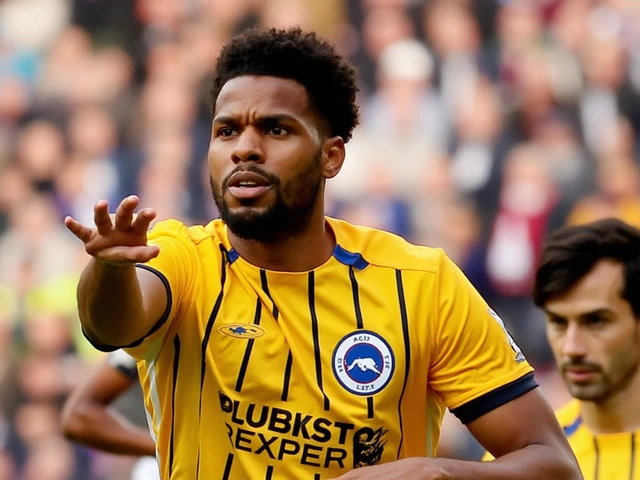Racist Chant: How to Spot, Report and Stop It
Hearing a racist chant at a game or rally shakes people. It targets individuals or entire groups and seeks to humiliate or scare. This page explains what racist chants look like, why they matter, and practical steps for fans, players, and organisers to stop them.
Racist chants are shouted words or songs aimed at someone's race, nationality, religion, or ethnicity. They can be obvious slurs or coded lines that still encourage hatred. In stadiums they often single out players, visiting fans, or refugees and migrants. Outside sports, chants can appear at protests or public gatherings and fuel wider discrimination.
What to do if you hear a racist chant
If you witness a chant, first stay safe. Record clear video or audio on your phone if you can do so without putting yourself at risk. Note the time, section, and any identifying details like seat numbers or shirts. Tell stewards or police at the venue immediately — they can pause the match, remove offenders, or make public announcements.
After the event, report what happened to the club and the league. Send video and a short written account to the club's fan liaison officer, the league's integrity or anti-discrimination department, and relevant broadcasters. Use official reporting forms when available. If the chant targets migrants or refugees, consider reporting to human rights groups and local authorities that track hate crimes.
Use social media to raise awareness but avoid naming bystanders. Post clips with context and tag the club, league, and watchdog groups like Kick It Out or local equivalents. Keep copies of your evidence and any replies you get from authorities; that paper trail helps investigations and sanctions.
Actions clubs, fans and authorities should take
Clubs must act fast: identify offenders, ban repeat culprits, and work with police to press charges when laws are broken. Public announcements condemning the behaviour should follow immediately. Leagues and federations need clear penalties — stadium bans, fines, point deductions — and consistent enforcement across competitions.
Fan groups have a role too. Supporters should call out abusive behaviour, join anti-racism campaigns, and support players who face abuse. Simple acts like starting a positive chant or creating safe reporting channels in fan forums make a difference. Broadcasters can help by suspending coverage or highlighting incidents live to increase pressure on organisers.
Legal routes vary by country. In many places hate speech and threats can lead to criminal charges. Contact local police and rights organisations for guidance. In South Africa, for example, human rights bodies and police work together on xenophobia and racial hate issues — similar structures exist in other countries.
Get help from local anti-racism groups.
Stopping racist chants needs people to act, not just watch. If you care about safe, respectful events, record, report, and push your club and authorities to do better. Small actions add up: one report can trigger a ban, one ban can change a crowd's behaviour, and consistent pressure can make stadiums and public spaces safer for everyone.
Chelsea coach Enzo Maresca assures there will be no internal issues concerning Enzo Fernandez, accused of making a racist chant. Fernandez, who apologized for the incident captured on social media, is under investigation by the French Football Federation. Maresca confirmed the team's solid dynamics and maturity of players amid their pre-season tour in the US.
Recent-posts
May, 14 2024
May, 8 2024

